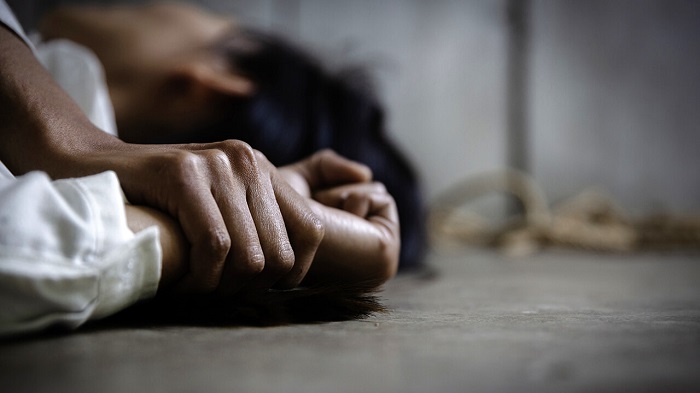
Disturbing Rise in Incidents of Rape and Employment Challenges for Victims in India
New Delhi: In a shocking incident that highlights the alarming rise in sexual violence in India, a 24-year-old woman, whose identity has been kept anonymous, was raped by a taxi driver in Jaipur, Rajasthan. This incident underscores the urgent need for enhanced safety measures and stricter regulations to protect women in the country.
According to police reports, the victim hailed a cab late at night while returning from work, and the driver took advantage of the situation to commit the heinous act. This alarming incident reflects the persisting challenges of ensuring women’s safety and security, especially during late hours, when they are often left vulnerable to such attacks.
The incident is a stark reminder of the broader issue of sexual violence in India. Data from the National Crime Records Bureau (NCRB) reveals that there has been a consistent increase in reported rape cases over the past few years. The NCRB’s latest report, released for the year 2022, recorded a disturbing 7.3% rise in reported rapes compared to the previous year, with a total of 35,542 cases reported across the country.
Beyond the physical and emotional trauma suffered by the victims, such incidents also have long-lasting implications for their professional lives. Survivors of sexual violence often face significant employment challenges, struggling to reintegrate into the workforce and rebuild their lives. Many victims fear stigmatization and discrimination, which can lead to a decline in their economic and social empowerment.
While the Indian legal system has made efforts to expedite trials and increase convictions in sexual assault cases, more needs to be done to create a safer environment for women. Providing support services, such as counseling and legal aid, can play a crucial role in empowering survivors to seek justice and rehabilitation.
Moreover, society must address the root causes of gender-based violence through comprehensive awareness campaigns and gender sensitization programs. Education about consent, respect, and gender equality is essential in fostering a culture where such atrocities are not tolerated, and victims are supported without prejudice.
The Indian government and law enforcement agencies must work together to strengthen preventive measures, such as enhanced background checks for cab drivers, surveillance cameras in public spaces, and improved street lighting, to create a secure environment for everyone, especially women, during late hours.
As responsible citizens, it is crucial to raise our voices against such heinous crimes and collectively strive for a society that is safe, inclusive, and respectful of all individuals, regardless of gender. Only by working together can we hope to bring about meaningful change and ensure a brighter and safer future for the women of our country.

